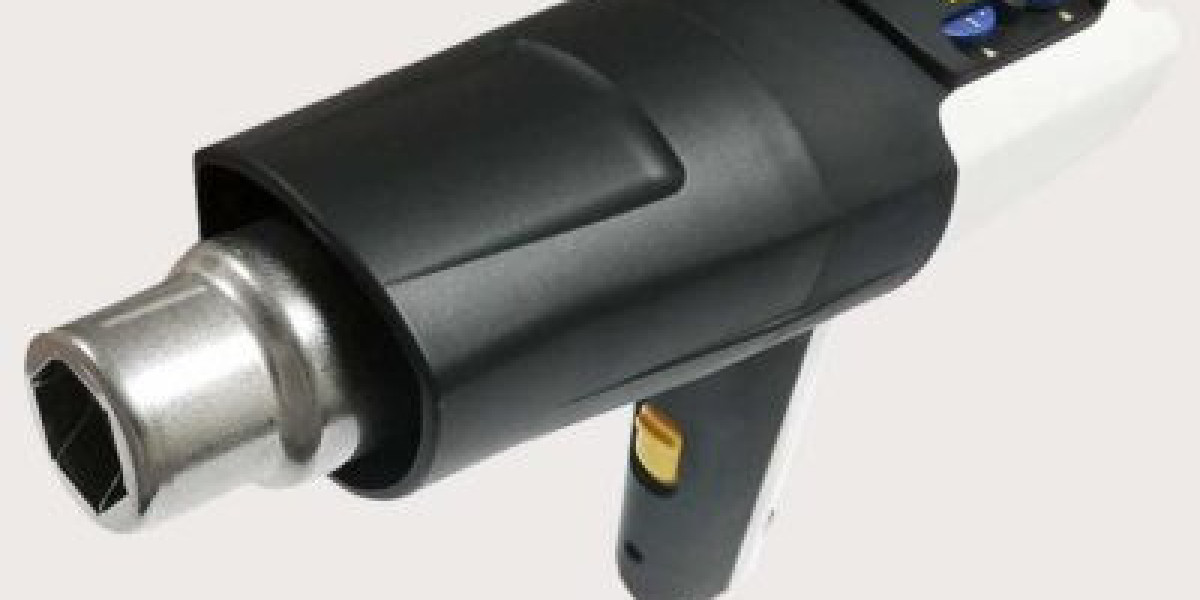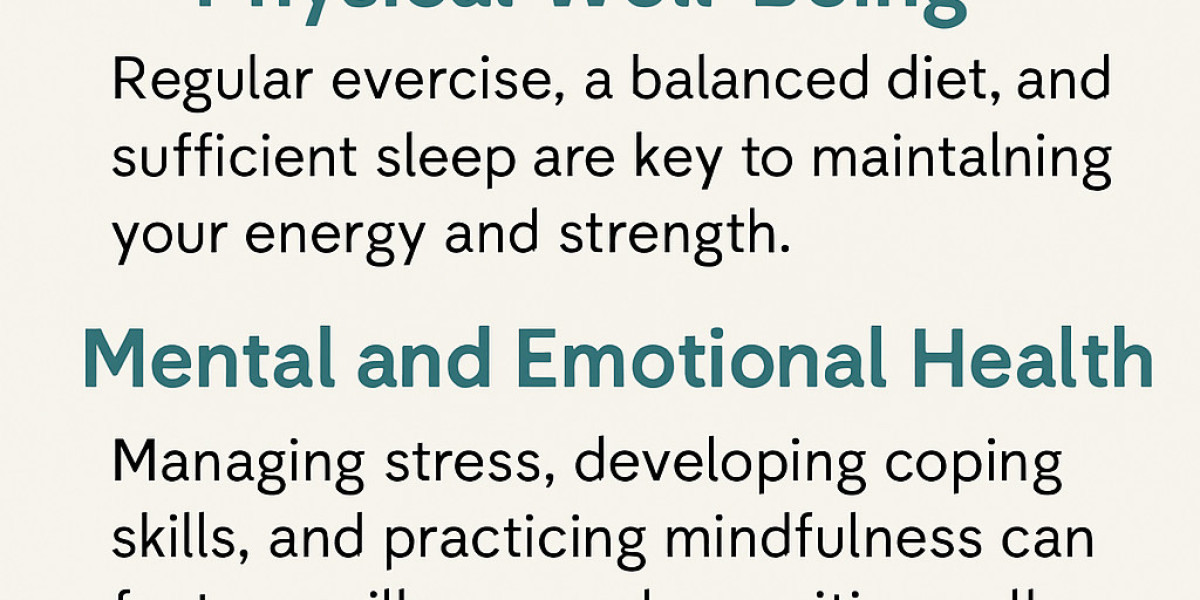Whether you’re repairing a circuit board, working on a DIY electronics project, or assembling components for production, having the right soldering tools makes all the difference. With so many options available, it’s easy to feel overwhelmed—especially if you’re just starting out.
To help you get started or upgrade your toolkit, here’s a handy and practical soldering tools list that includes all the essentials for clean, efficient, and safe soldering.
1. Soldering Iron
At the heart of every soldering setup is a soldering iron. It heats up the solder wire so it can melt and create a strong connection between electronic parts.
Wattage: 25–60W for general use.
Tip types: Conical, chisel, or bevel, depending on your task.
Options: Fixed-temperature or temperature-controlled.
Tip: For precision work or delicate electronics, go for a temperature-controlled soldering iron.
2. Soldering Station
A soldering station combines the iron with a power control unit. It allows you to adjust temperature and sometimes comes with extra features like digital displays and hot air guns.
Ideal for: Professionals and repair centers.
Bonus: Some stations include ESD (Electrostatic Discharge) protection.
3. Solder Wire
No soldering job can happen without solder wire. It’s usually made of a tin-lead or lead-free alloy, often with flux inside to help the solder flow smoothly.
Common type: 60/40 (tin/lead) or lead-free.
Diameter: 0.5 mm to 1.0 mm for electronics.
Flux core: Helps remove oxidation during the soldering process.
4. Soldering Iron Stand
A soldering iron stand keeps your hot iron safely stored when not in use. It often includes a sponge to clean the tip between uses.
Why it’s needed: Prevents accidental burns or damage to your workspace.
Look for: A heat-resistant base and tip-cleaning sponge or brass wire.
5. Soldering Flux
Flux is a chemical used to clean the metal surfaces before soldering. Although most solder wires have flux inside, extra flux paste or gel is helpful for tricky joints oxr rework.
Function: Removes oxidation and improves solder flow.
Best for: BGA work, surface-mount devices (SMD), and difficult connections.
6. Desoldering Pump
Mistakes happen, and that’s why you need a desoldering pump, also known as a solder sucker.
Use: Removes unwanted or excess solder.
How it works: Press down the plunger, heat the joint, and quickly suck up the molten solder.
7. Tweezers
ESD-safe tweezers help you place and hold small components without damaging them or creating static charge.
Types: Straight, curved, or angled.
Use for: Surface-mount components, wire positioning, or cleaning.
8. Wire Cutters/Strippers
Before you solder, you often need to trim or strip wires. A good pair of precision wire cutters and strippers is essential for clean, fast prep work.
9. Multimeter
While not strictly for soldering, a multimeter is crucial for checking connections, voltage, and continuity before and after soldering.
Look for: Auto-ranging digital multimeters with a backlit display.
Bonus: Helps troubleshoot faulty solder joints.
10. Magnifying Glass or Microscope
Soldering tiny components like SMDs requires good visibility. A magnifying lamp or microscope helps you see fine details clearly.
Must-have for: Fine pitch ICs, compact boards, and inspecting solder joints.
11. Hot Air Gun (Optional)
For surface-mount repairs or rework, a hot air rework gun is a great addition.
Function: Blows heated air to melt solder without direct contact.
Great for: Removing ICs, repairing BGA chips, and heat shrink tubing.
Final Thoughts
Having the right soldering tools list can dramatically improve your efficiency, safety, and soldering quality. Whether you're a hobbyist, a technician, or a professional repair expert, investing in these tools pays off in the long run.
Build your toolkit step by step based on your needs and budget. And always remember: quality tools lead to better results.








